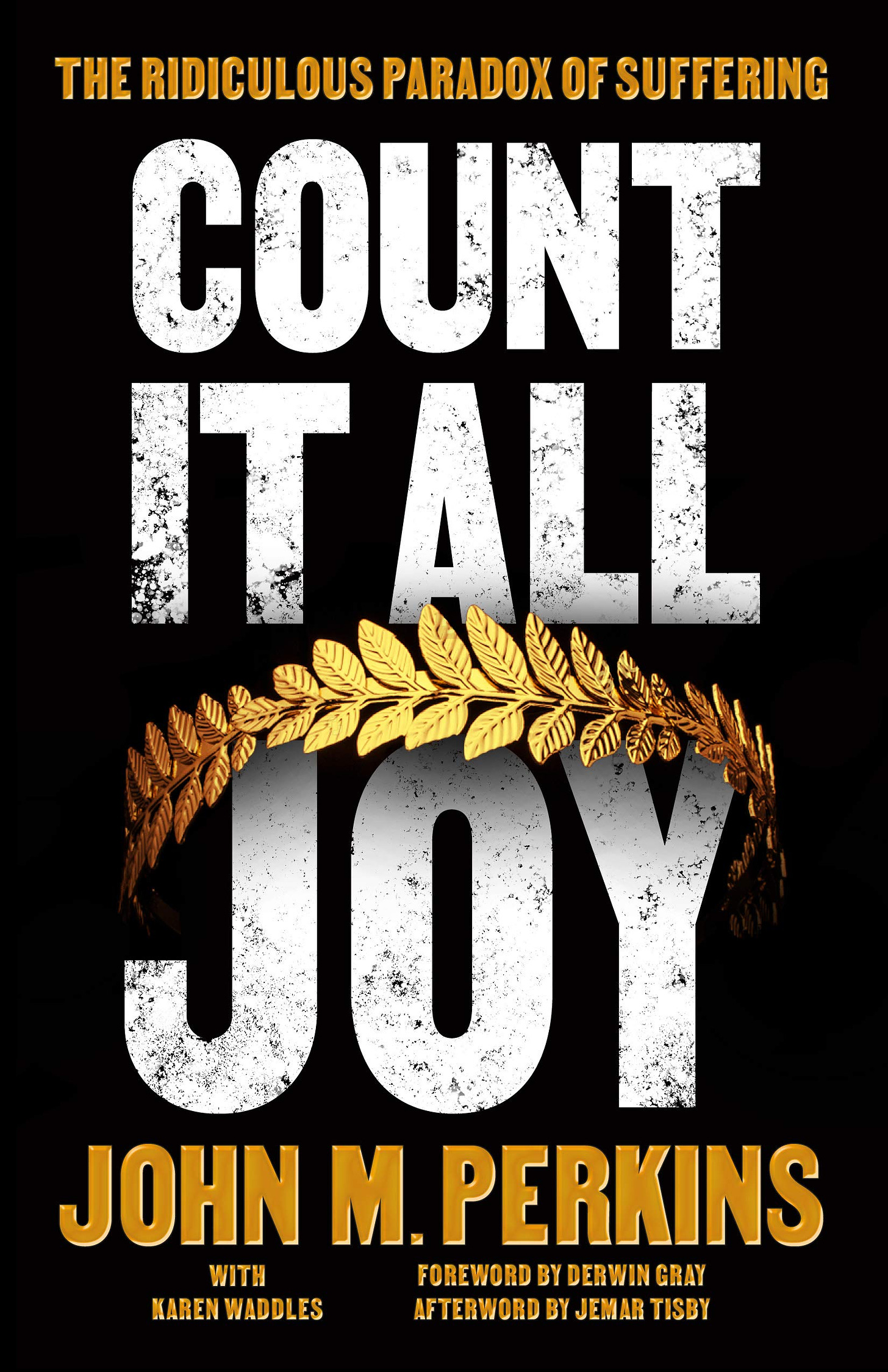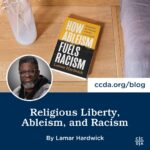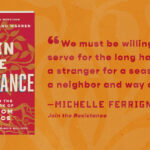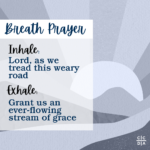by Jemar Tisby
A living civil rights legend imparts a lifetime of hard-earned wisdom in what may be his final book.
John’s Perkins had every reason to turn his back on God and on white people.
Born into poverty in rural Mississippi, his mother died when he was just a baby, partially due to malnutrition brought on by the lack of food and healthcare for poor Black Mississippians.
Then a police officer shot his brother, Clyde, in the stomach twice and killed him. John was with him in the ambulance on the way to the hospital.
His older sister was murdered by her boyfriend. He lost two children to early deaths.
And the suffering continued.
In 1970, white police officers unjustly arrested Perkins and brutally beat and tortured him in a rural Mississippi jail.
On top of it all he has endured three bouts with cancer, including one that threatens his life at this very moment.
For a time he quit the state and the people who had caused him so much pain. He moved to California and made a life for himself and his young family. But God gripped his soul and gave him a new mission.
He returned to Mississippi and began a lifetime of ministry and transformation there. He has spoken to tens of thousands in audience across the country, helped found the Christian Community Development Association (CCDA), and leads the John and Vera Mae Perkins Foundation from West Jackson, Mississippi.
A Manifesto
Now at the age of 91 years old, Perkins has written the final book in a 3-part series he calls his “manifesto.” The first was One Blood: Parting Words to the Church on Race and Love and the second was He Calls Me Friend: The Healing Power of Friendship in a Lonely World.
Count It All Joy is not a book most of us, least of all advocates and activists, prefer to read. We want to talk about triumph and victory and how it all turns out well in the end.
But that’s not real life.
Real life is hardship, opposition, failure, and struggle. Perkins has endured more of these vicissitudes and injustices than most.
In this book, though, he offers sage wisdom from someone who has found a way to survive and flourish, not as one who has escaped suffering, but in the midst of it.
Perkins shows us that in God’s economy, suffering is never wasted. He writes, “None of us want suffering, but when it comes—it comes as a teacher.”
Not all suffering is the same. Perkins speaks of the “suffering that chooses you” such as the tragedies in his health and family life. But he also describes the “suffering that you choose.”
It’s when you choose to die to self and pour out your life as an offering to the Lord, like so many of the New Testament saints did. I want to lift up suffering as a worthy offering to our Lord, who showed us how to suffer well.
This is not how it’s supposed to be. One day Jesus will crack the sky and wipe every tear and bind up the broken-hearted. One day suffering will be no more.
The Afterword
Until that day, we have survivors and activists like John Perkins and we have their words.
I had the honor of writing the afterword for Count It All Joy. Here’s an excerpt from one of the most emotional pieces of writing I’ve done.
We are living in the final days of the generation that lived through the Civil Rights movement. Soon they will all pass away. As a historian, this fact grieves me. All that wisdom, all those experiences will quickly be accessible only in what these women and men left behind. As a Black Christian, I am afflicted with despondence because men like John Perkins are the witnesses I look to for guidance. In many ways we still need their living witness to help us navigate the rocks of racism, the potholes of prejudice, and the uncertainties of the Christian life. My heart cries, “Don’t leave us! Not yet.”
As I think of a world where John Perkins is a memory, I weep. Men of his faith, vigor, and tenacity are rare. He has been working for justice, reconciliation, and peace with God for longer than most of us have been alive. “As I am closing in on the final chapter of my life,” he wrote, “I see things clearer than I did before.”
I am glad for his clarity. I must confess, though, that as Dr. Perkins nears the end of this phase of his existence I can hardly see a thing through the mist of my tears.
Each generation will have to find their own way. We cannot live in the past nor can we replicate it. That’s not what John Perkins would want us to do anyway. He wants us to learn from him, yes from his mistakes, but also from his suffering. But he does not leave us to figure it out all on our own. He has left us the words in this book as a lamp to illuminate our steps.
We should pay careful attention to parting words. Jesus’s last words before he ascended into heaven were, “But you will receive power when the Holy Spirit has come upon you, and you will be my witnesses in Jerusalem and in all Judea and Samaria, and to the end of the earth” (Acts 1:9). John Perkins heeded those words and bore witness to the power of Jesus Christ to transform hearts, minds, and conditions for the glory of God. Now, in order to offer our own witness to this generation and those that follow, we should listen to John Perkins’ parting words…”count it all joy.”
Purchase: Count It All Joy: The Ridiculous Paradox of Suffering
Originally appeared in Jemar Tisby’s newsletter here. Used with permission.






